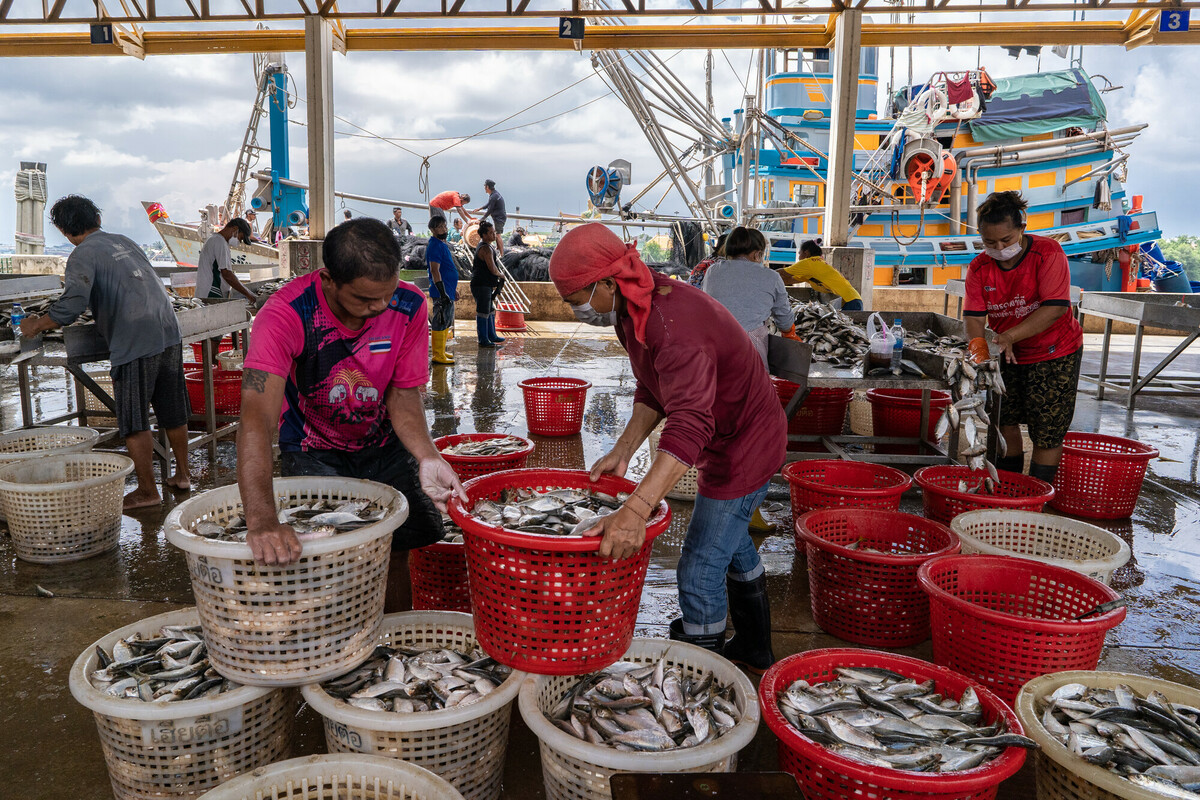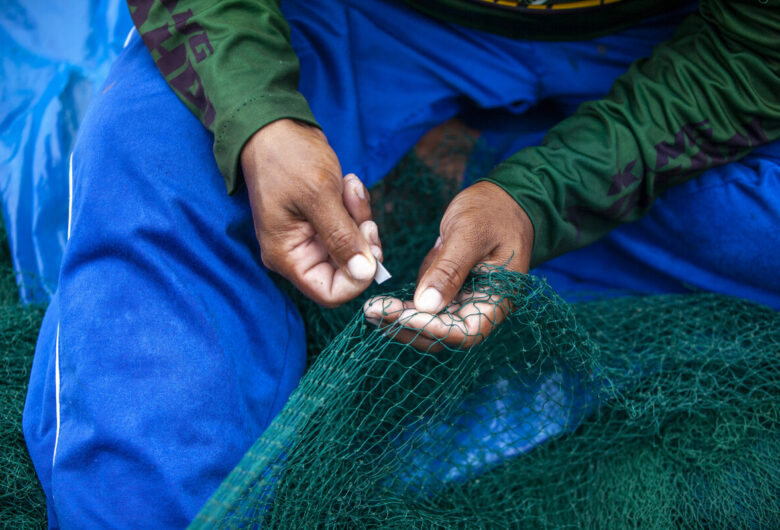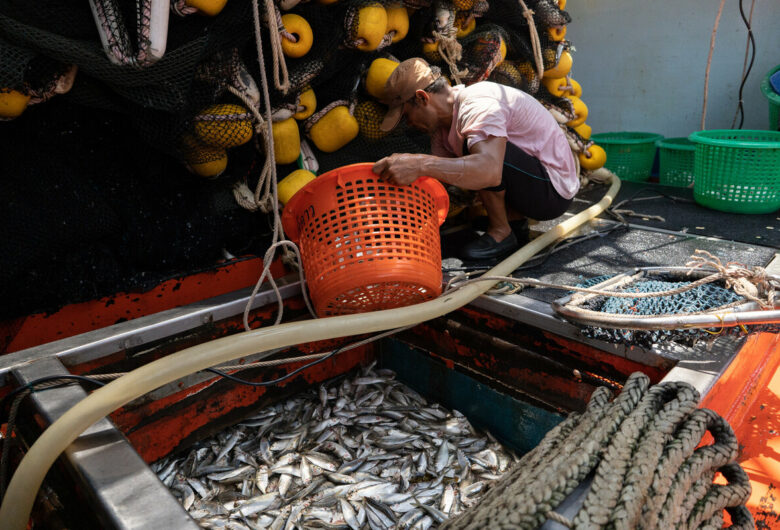What we do
The Asia Pacific seafood program includes both a hotspot approach (see Indonesia and Thailand) and strategic individual grants across the wider region and at the global level. We aim to create an encircling effect across the region, leveling the playing field and building to a tipping point that culminates in basic minimum standards for the protection of seafood sector workers. With highly interdependent and closed supply chains, we hope that exposure of abuses and strengthening of worker power across the Asia Pacific will disincentivize buyers from simply shifting their sourcing when risk or scrutiny rises in one country.

Our Approach
The regional Asia Pacific seafood program consists of four strategic pillars, as set out below.


